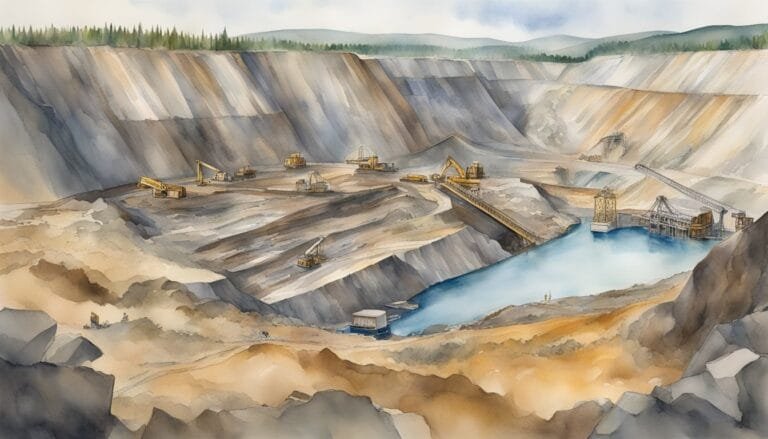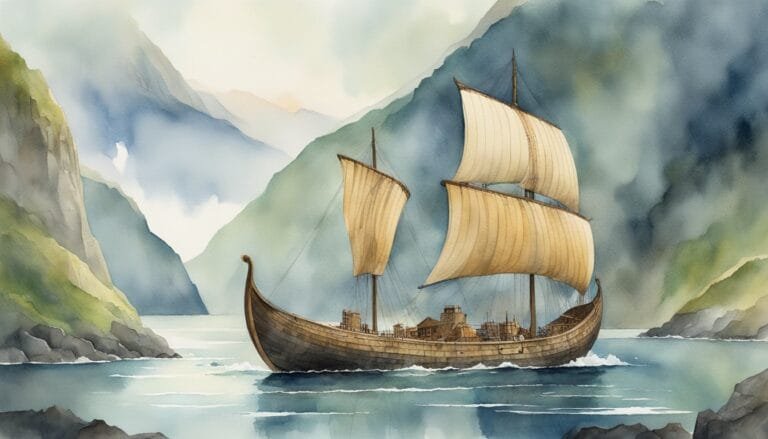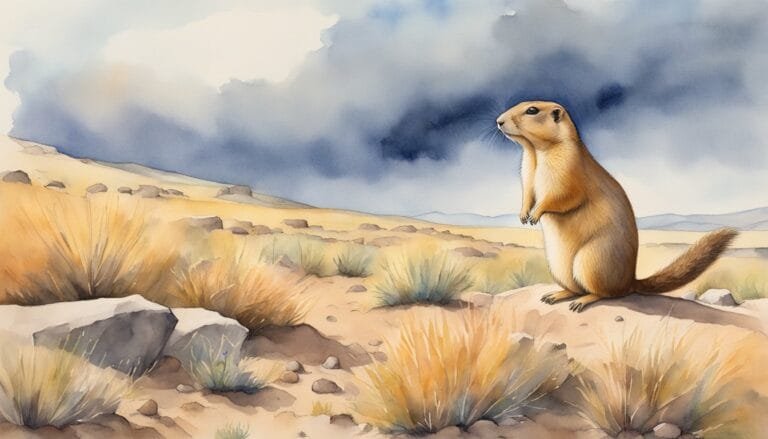Jamestown Cannibalism: Unveiling the Harsh Realities of Early Colonial Life

In Jamestown's Starving Time (1609), settlers faced famine, leading to cannibalism as a survival means.

In Jamestown's Starving Time (1609), settlers faced famine, leading to cannibalism as a survival means.

In the animal kingdom, laziness is often an energy conservation strategy, crucial for survival in resource-scarce environments.

In 1922, Howard Carter uncovered Tutankhamun's tomb, revealing significant insights into ancient Egyptian culture and history.

At 15, Jack Andraka invented a novel test for early detection of pancreatic, ovarian, and lung cancers, significantly increasing survival chances.

Rare earth elements (REEs) are vital to modern technologies and a growing green economy, due to their unique magnetic and electrochemical properties.

Recent DNA studies show Vikings were a genetically diverse group from Scandinavia, influencing Europe's genetic and cultural landscape.

Historical Lidar technology unveils the sophisticated societies and infrastructure of long-lost Amazonian cities.

Earth hosts around three trillion trees, highlighting the lushness of our planet while emphasizing threats like deforestation and climate change.

North Cascades National Park invites outdoor enthusiasts to explore its glaciers, alpine lakes, and diverse ecosystems.

Prairie dogs are social rodents, vital as ecosystem engineers in North American grasslands, known for their complex burrows and key species role.